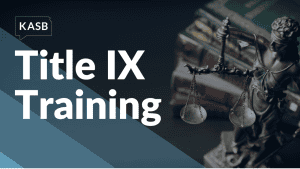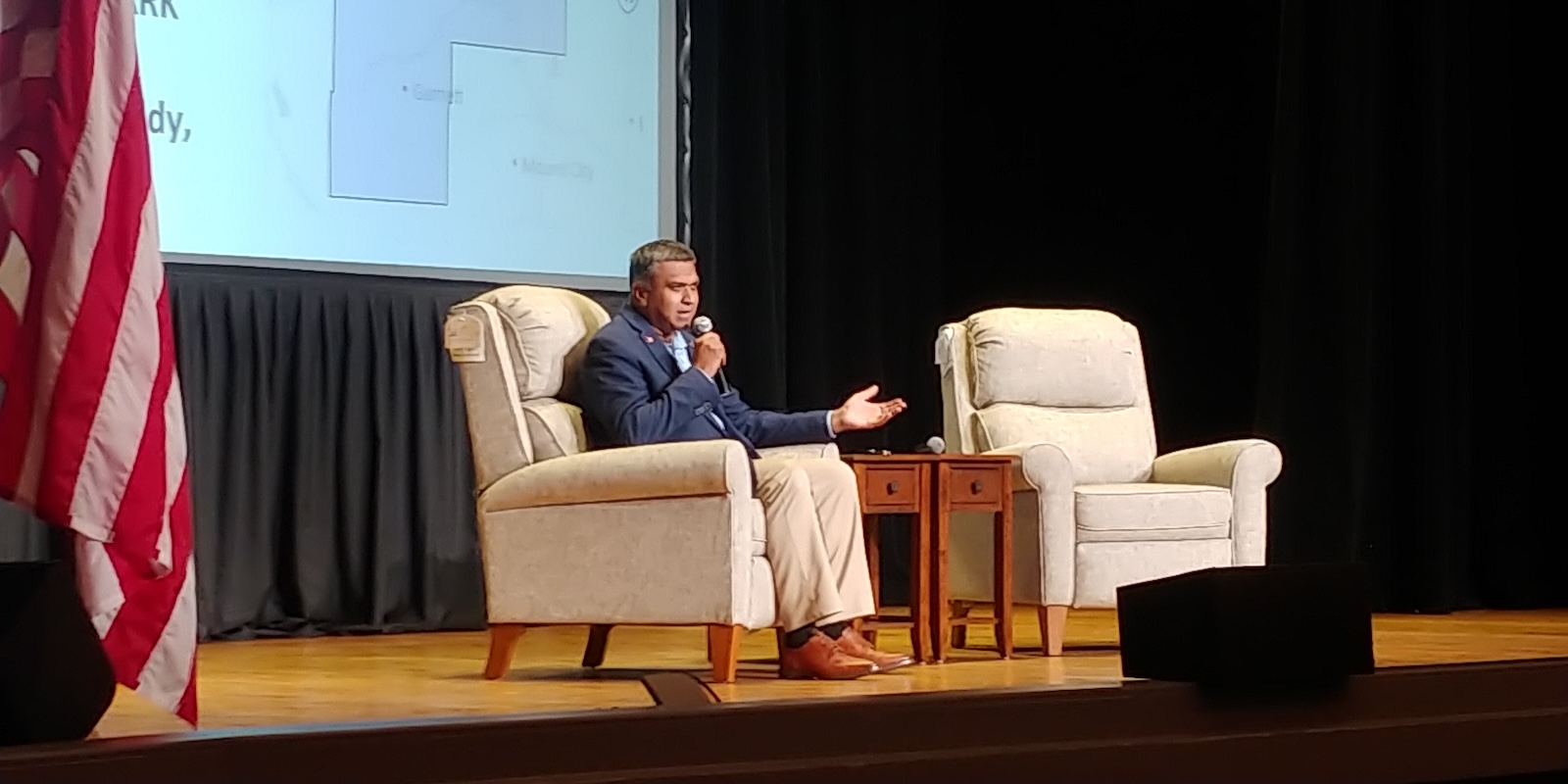Weeks after a federal court placed a hold on implementing a new federal Department of Education (DOE) rule in Kansas, expanding Title IX protections to gender identity and sexual orientation among students and staff, the Kansas Association of School Boards (KASB) will go forward in early August with a training workshop dedicated to Title IX issues. The proposed federal rule requires school districts to allow students to use the restrooms and locker rooms of their choice, regardless of their gender at birth.

KASB denied a request by The Sentinel for a copy of the August 8th agenda or a description of the issues to be discussed.
Last week, a ruling by a Missouri federal judge issued an injunction on implementing the new rule in Missouri, Arkansas, Iowa, Nebraska, North Dakota, and South Dakota. That makes 21 states now covered by injunctions. The others are Kansas, Alaska, Idaho, Indiana, Kentucky, Louisiana, Mississippi, Montana, Ohio, Tennessee, Texas, Utah, Virginia, West Virginia, and Wyoming.
Signed into law in 1972 by President Richard Nixon, Title IX states:
No person in the United States shall, on the basis of sex, be excluded from participation in, be denied the benefits of, or be subjected to discrimination under any education program or activity receiving Federal financial assistance.
The U.S. Department of Education had sought to expand protections for gender identity and sexual orientation by issuing the new rule, which would have conflicted with Kansas’ one-year-old Women’s Bill of Rights, which requires separate locker rooms and restrooms for biological males and females.
In its decision, the U.S. District Court of Eastern Kentucky found:
“At bottom, the Department would turn Title IX on its head by redefining “sex” to include “gender identity.” But “sex” and “gender identity” do not mean the same thing. The Department’s interpretation conflicts with the plain language of Title IX and therefore exceeds its authority to promulgate regulations under that statute.
The Final Rule also has serious First Amendment implications. The rule includes a new definition of sexual harassment which may require educators to use pronouns consistent with a student’s purported gender identity rather than their biological sex. Based on the “pervasive” nature of pronoun usage in everyday life, educators likely would be required to use students’ preferred pronouns regardless of whether doing so conflicts with the educator’s is religious or moral beliefs. A rule that compels speech and engages in such viewpoint discrimination is impermissible.”
KASB will not disclose the nature of its Title IX training
We first asked KASB about the purpose of following through with the Title IX training in the wake of the court’s injunction against the DOE rule. Kristin Magette is the organization’s Communications Director:
“I would like to provide context. KASB communicated directly with our members about the temporary injunction on July 3. The August training reflects practices in place prior to April 2024.”
When we followed up with a request for a copy of the agenda or the subjects to be covered in the training, we received this response from Magette:
“As a general practice, KASB does not share details of member training workshops and resources with reporters or the general public. Thank you for your understanding.”
Rep. Kristey Williams, Chair of the House Education Budget Committee, charges KASB with misplaced priorities:
“It’s disappointing to find KASB rallying behind the Biden Administration’s radical changes to Title IX without Congress taking action. Kansas law should be the subject matter of any training session, especially with the current legal injunction holding back changes to Title IX implementation in our State.”

David Hicks – The Sentinel
David Hicks grew up in southern Missouri and graduated from Mizzou with a degree in political science. He has worked as a congressional staffer, broadcaster, government bureaucrat, columnist, campaign worker, and small business owner. He and his wife live in Bonner Springs.




